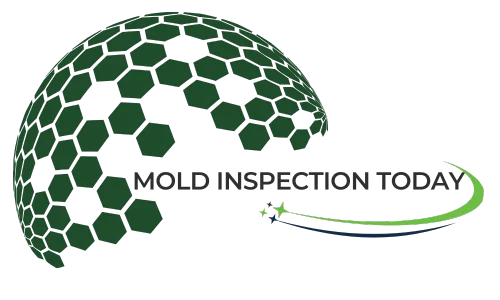Frequently Asked Questions
Answers to Common Mold Inspection Questions
What is mold and why is it a problem?
Mold is a type of fungus that can grow both indoors and outdoors. It thrives in damp, humid environments and spreads by releasing tiny spores into the air. Mold can cause a variety of health problems, including respiratory issues, allergies, and skin irritation. Additionally, it can damage your property by weakening the structure and causing unsightly stains and odors.
What are the potential health effects of mold exposure?
Exposure to mold can lead to numerous health problems, especially for individuals with respiratory conditions or weakened immune systems. Common health effects include coughing, sneezing, nasal congestion, skin rashes, and eye irritation. In more severe cases, mold exposure can cause asthma attacks, chronic lung illnesses, and other serious respiratory issues.
How does mold spread in a property?
Mold spreads through the release of tiny spores that travel through the air. These spores can settle on any surface and grow into new mold colonies if moisture is present. Common sources of moisture include leaks, high humidity, and condensation. Mold can spread quickly, especially in areas with poor ventilation.
Is your company licensed and insured?
Yes, our company is fully licensed and insured. We comply with all industry standards and regulations to ensure that our inspections and remediation services are safe and effective. Our team is trained and certified, giving you peace of mind that you’re working with qualified professionals.
What does the inspection process involve?
Our inspection process involves a thorough examination of your property using advanced tools and techniques. We check for visible signs of mold, use moisture meters and thermal imaging to detect hidden mold, and take air and surface samples for lab testing if necessary. The goal is to identify all mold issues and provide a detailed report with recommendations for remediation.
How do you ensure the safety of the occupants during the inspection?
We prioritize the safety of all occupants during the inspection. Our team uses protective equipment and follows strict safety protocols to minimize exposure to mold. We also isolate affected areas to prevent the spread of mold spores to other parts of the property.
What specific areas of my property will you inspect?
We inspect all areas of your property where mold is likely to grow, including bathrooms, kitchens, and HVAC systems. We also check hidden areas such as behind walls, under floors, and inside ductwork to ensure that no mold is missed.
Do you check for hidden mold?
Yes, we use advanced tools like thermal imaging cameras and moisture meters to detect hidden mold that may not be visible to the naked eye. This allows us to identify mold growing behind walls, under floors, and in other concealed areas.
How do you determine if the mold is active or dormant?
We determine if mold is active or dormant by examining the moisture levels in the affected area and the characteristics of the mold. Active mold typically requires moisture to grow, so we use moisture meters to check for dampness. Additionally, lab tests can help identify the activity level of the mold spores.
Can you identify the type of mold present during the inspection?
While we can identify many common types of mold during the inspection, we may take samples for lab testing to accurately determine the specific type of mold present. This information helps us understand the potential health risks and the best approach for remediation.
What immediate steps should I take to limit further mold exposure?
To limit further mold exposure, you should reduce moisture levels in your home by fixing leaks, using dehumidifiers, and ensuring proper ventilation. Avoid disturbing any visible mold to prevent the release of spores. Contact a professional mold inspector to assess and address the issue as soon as possible.
Can the inspection results affect my property insurance or its value?
Yes, the results of a mold inspection can impact your property insurance and its value. Some insurance policies may cover mold remediation, but this depends on the cause of the mold and the terms of your policy. Additionally, addressing mold issues promptly can prevent further damage and maintain the value of your property. It’s important to consult with your insurance provider to understand your coverage.
Can’t Find an Answer to Your Question?
We’re here to help.
If your question isn’t covered above, don’t hesitate to reach out. We’d love to assist you personally and ensure you get the clarity and peace of mind you deserve.
🛡️ Protect Your Health. Secure Your Home.
Early detection saves money and stress.


🛡️ Protect Your Health. Secure Your Home.
Early detection saves money and stress.

Our dedication is to ensuring the health and safety of your indoor environment. Specializing in comprehensive indoor air quality services, we offer mold testing, mold inspections, and a range of solutions designed to identify and mitigate airborne pollutants.
© Copyright 2025 Mold Inspection Today.
All Rights Reserved.

Our dedication is to ensuring the health and safety of your indoor environment. Specializing in comprehensive indoor air quality services, we offer mold testing, mold inspections, and a range of solutions designed to identify and mitigate airborne pollutants.
© Copyright 2025 Mold Inspection Today.
All Rights Reserved.
